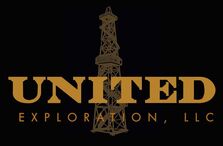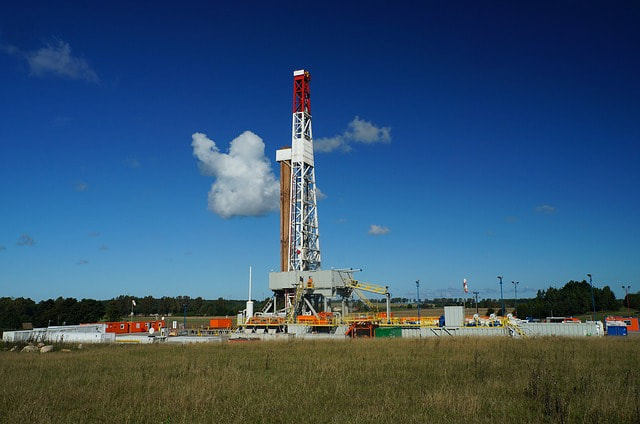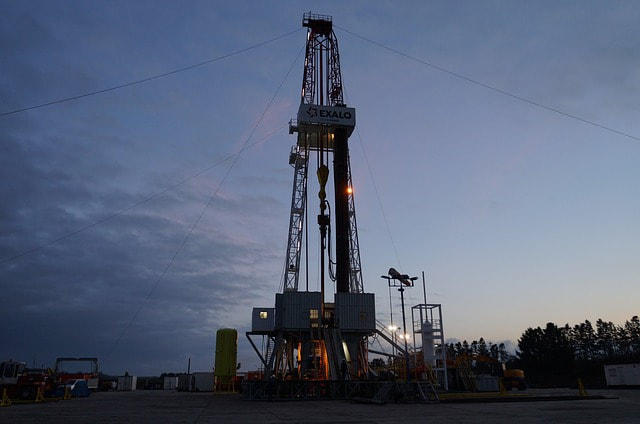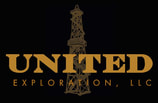The Role of Private Placements in Oil and Gas Investments
Nothing in this informational article is to be considered legal, tax or investment advice. Please consult with your attorney and tax professional.
In the past, qualified investors used to invest in bonds and equities to raise capital for companies. The introduction of secured and unsecured loans by banks made access to financing possible. The oil industry grew exponentially, especially during the commodity boom period when many investors raised capital for E&P companies and invested their oil and gas investments funds in IPOs.
After the financial crisis in 2008, banks were forced to raise their return on capital and establish stringent lending terms. Consequently, the number of small and mid-sized borrowers in the oil and gas sector reduced, forcing companies to start looking for other avenues such as private placement to raise capital.
After the financial crisis in 2008, banks were forced to raise their return on capital and establish stringent lending terms. Consequently, the number of small and mid-sized borrowers in the oil and gas sector reduced, forcing companies to start looking for other avenues such as private placement to raise capital.
What Is A Private Placement?
A private placement is a method through which companies raise capital. Unlike private equity, traditional banking, corporate, bond, and mezzanine financing, private placements are governed and protected by the Securities Act of 1993 (Regulation D), which stipulates the amount of money to be remitted and the type of investors allowed to contribute funds. A private placement contains the following information:
- The offering document, which is called the term sheet or private placement memorandum
- Information about the issuer and the management
Who Can Invest In Oil & Gas Private Placements
To invest in oil and gas private placements, you must be an accredited investor, meaning you must have a net worth of at least $1 million (excluding the monetary value of your residence). You can either invest as an individual or a couple. Also, you must have earned more than $200,000 per year, over the last two years. If you have a spouse, the least amount required to invest in private placements is $300,000. However, you must be certain that you will earn the same amount in the coming years.
However, “accredited investors’’ are not the only lot that qualifies for private placements. If you have information about private placement and do not qualify, you can still invest in the offering as a non-accredited investor. If you are comfortable with your money being tied up for a long time or if you are ready to absorb losses, you can invest in this offering.
Notably, private placements are “limited,” which means you can not resell them if you are not registered or do not have exemptions. This is what makes private placements illiquid. (difficult to sell). Furthermore, the issuer is not supposed to offer liquidity to investors by repurchasing the securities, in case investors want to sell.
However, “accredited investors’’ are not the only lot that qualifies for private placements. If you have information about private placement and do not qualify, you can still invest in the offering as a non-accredited investor. If you are comfortable with your money being tied up for a long time or if you are ready to absorb losses, you can invest in this offering.
Notably, private placements are “limited,” which means you can not resell them if you are not registered or do not have exemptions. This is what makes private placements illiquid. (difficult to sell). Furthermore, the issuer is not supposed to offer liquidity to investors by repurchasing the securities, in case investors want to sell.
What Is the Role of Private Placement in Oil and Gas Current Events?
The decline in oil prices has forced companies to protect their investments and improve their portfolio. Better still, firms that want to invest fresh capital in the oil business could benefit from the low oil rates.
When oil prices declined in the second quarter of 2014, private equity companies raised over 100 billion US Dollars to purchase energy assets. It is during this time that banks started offloading their books and shun away from weak borrowers. Some companies filed for bankruptcy while others disposed of off their assets to remain afloat.
Some companies targeted bonds and loans in the hope of getting hold of ownership during restructuring, while others bought assets from operators who had no money. The oil industry is characterized by a lot of debt servicing and cost-cutting; as such, there is a need for operational and growth capital. Fortunately, private placement companies are structured to fill this gap.
When oil prices declined in the second quarter of 2014, private equity companies raised over 100 billion US Dollars to purchase energy assets. It is during this time that banks started offloading their books and shun away from weak borrowers. Some companies filed for bankruptcy while others disposed of off their assets to remain afloat.
Some companies targeted bonds and loans in the hope of getting hold of ownership during restructuring, while others bought assets from operators who had no money. The oil industry is characterized by a lot of debt servicing and cost-cutting; as such, there is a need for operational and growth capital. Fortunately, private placement companies are structured to fill this gap.
Private Placement Tips for Investors
Before you make any investment decision, know what the issuer does and ask yourself the following questions: Are you comfortable getting limited information during the investment period? Does the company allow investors to liquidate their private placement securities? If so, do you know how and when you can do it? Make sure that you have answers to these questions.
Ask your broker if they can provide information about the issuer and the private placement securities, Also, ensure the broker knows the different types of risks associated with the company such as economic risks that directly affect the performance of the company or competition in the company's space.
Other factors that you need to know about are the use of leverage, weak financial statements or limited operating history. Moreover, the broker must understand the features and risks of the private placement. Determine if this investment fits with your risk profile- your broker should help you with this. Do not sign any contract before you consult your broker to determine if this type of investment is right for you.
If you receive a private placement memorandum, review it carefully. Make sure all the information therein is consistent with your broker's statement. Any document that is linked to the offering document must be balanced and well- detailed. If nothing in the contract satisfies your requirements, decline the offer. Ask for a copy of the memorandum if you do not have one.
When it comes to private oil placements, it is important to determine the return on investment and situations under which losses would occur. Inquire if there are other related costs associated with the investment as this can attract additional costs, which may reduce your returns.
Lastly, find out about the performance of the issuer in previous offerings. Check the proposed drilling fields (whether they are successful or not). Ask how and when information about drilling activities will be shared to you.
Private placements are one of the best investments for accredited investors. If you would like to invest in private placements, contact United Exploration for more information. Nothing in this article is to be considered tax or investment advice. Please consult with your attorney and tax professional.
Ask your broker if they can provide information about the issuer and the private placement securities, Also, ensure the broker knows the different types of risks associated with the company such as economic risks that directly affect the performance of the company or competition in the company's space.
Other factors that you need to know about are the use of leverage, weak financial statements or limited operating history. Moreover, the broker must understand the features and risks of the private placement. Determine if this investment fits with your risk profile- your broker should help you with this. Do not sign any contract before you consult your broker to determine if this type of investment is right for you.
If you receive a private placement memorandum, review it carefully. Make sure all the information therein is consistent with your broker's statement. Any document that is linked to the offering document must be balanced and well- detailed. If nothing in the contract satisfies your requirements, decline the offer. Ask for a copy of the memorandum if you do not have one.
When it comes to private oil placements, it is important to determine the return on investment and situations under which losses would occur. Inquire if there are other related costs associated with the investment as this can attract additional costs, which may reduce your returns.
Lastly, find out about the performance of the issuer in previous offerings. Check the proposed drilling fields (whether they are successful or not). Ask how and when information about drilling activities will be shared to you.
Private placements are one of the best investments for accredited investors. If you would like to invest in private placements, contact United Exploration for more information. Nothing in this article is to be considered tax or investment advice. Please consult with your attorney and tax professional.
For more information about oil well investing, contact United Exploration for more information. Nothing in this article is to be considered tax or investment advice. Please consult with your attorney and tax professional.
Note: nothing in this article is to be considered tax or investment advice. Please consult with your attorney and tax professional





